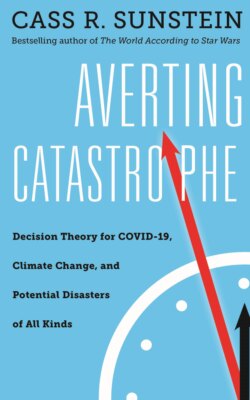Читать книгу Averting Catastrophe - Cass R. Sunstein - Страница 5
ОглавлениеBy “uncertain” knowledge, let me explain, I do not mean merely to distinguish what is known for certain from what is only probable. The game of roulette is not subject, in this sense, to uncertainty; nor is the prospect of a Victory bond being drawn. Or, again, the expectation of life is only slightly uncertain. Even the weather is only moderately uncertain. The sense in which I am using the term is that in which the prospect of a European war is uncertain, or the price of copper and the rate of interest twenty years hence, or the obsolescence of a new invention, or the position of private wealth-owners in the social system in 1970. About these matters there is no scientific basis on which to form any calculable probability whatever. We simply do not know.
—John Maynard Keynes1
Uncertainty must be taken in a sense radically distinct from the familiar notion of Risk, from which it has never been properly separated. . . . The essential fact is that “risk” means in some cases a quantity susceptible of measurement, while at other times it is something distinctly not of this character; and there are far-reaching and crucial differences in the bearings of the phenomena depending on which of the two is really present and operating.
—Frank Knight2
In some cases, the level of scientific uncertainty may be so large that you can only present discrete alternative scenarios without assessing the relative likelihood of each scenario quantitatively. For instance, in assessing the potential outcomes of an environmental effect, there may be a limited number of scientific studies with strongly divergent results. In such cases, you might present results from a range of plausible scenarios, together with any available information that might help in qualitatively determining which scenario is most likely to occur.
—OMB Circular A-43
